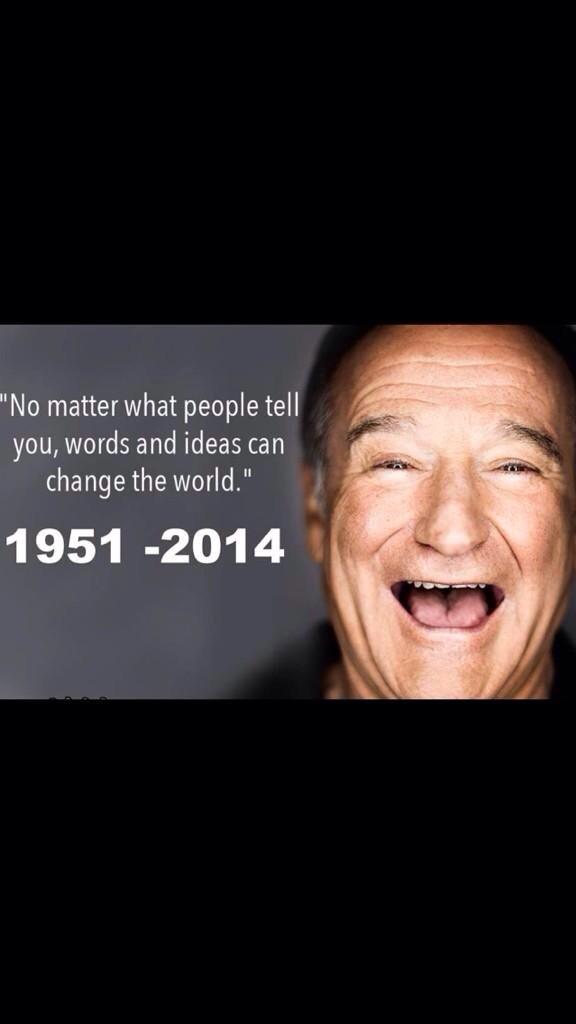Journalist Priscilla Yuki Willson sent her picture out to over 25 international editors to “make her beautiful”, through which she revealed how subjective and prevalent the culture of beauty is on a global scale, and to see the different beauty standards of the world.
With this being the original:

and these being a select few of the most disturbing changes:
from Montenegro-

from Macedonia-

and from Vietnam-

Despite all of the changes, Willson is glad that her face looks nothing like the altered ones. She’s setting her own beauty standards for women, especially those of diverse backgrounds.
“I define beauty as an act of self love and embracing my own humility,” she said.
To read the article and see the remaining pictures, visit
http://aplus.com/a/Priscilla-Wilson-woman-of-color-beauty-photoshop-images-around-the-world
and see the another experiment by Ester Honig who did a similar study with similar results
http://www.estherhonig.com/#!before–after-/cvkn

